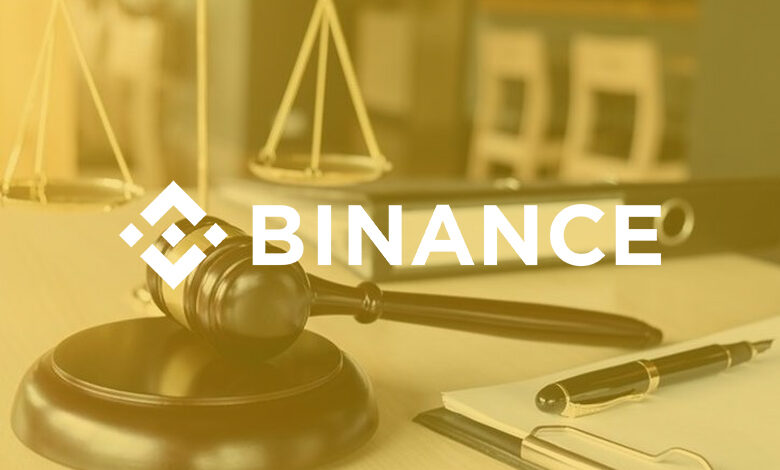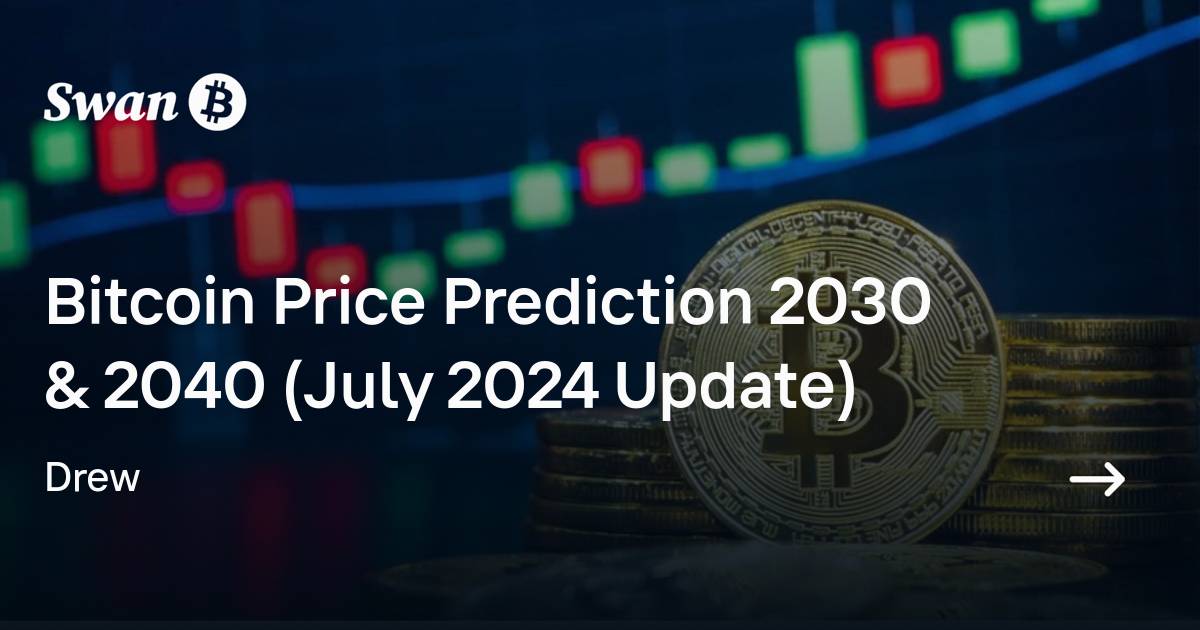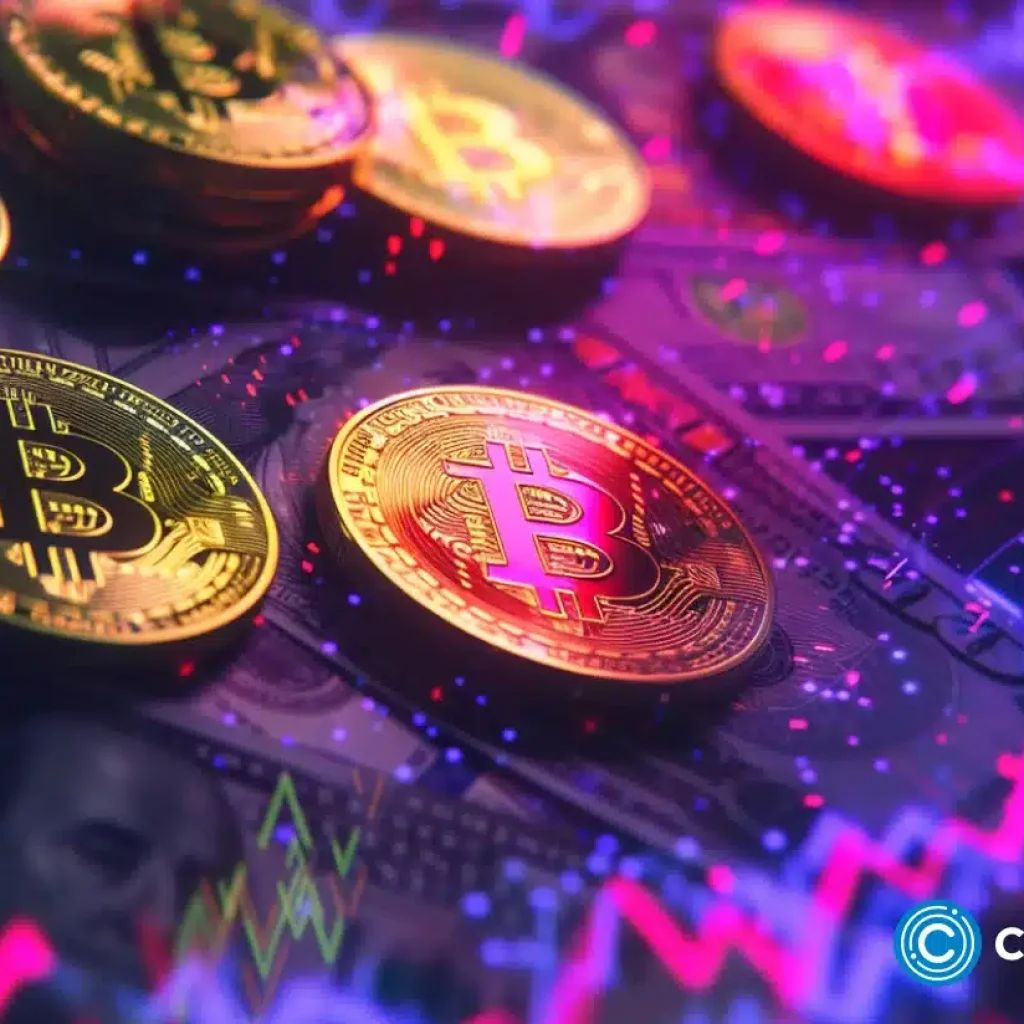In a move to comply with local regulatory requirements in Nigeria, Binance, one of the world’s largest cryptocurrency exchanges, has introduced a price cap on Tether (USDT) tokens traded on its peer-to-peer (P2P) platform.
This decision comes amidst efforts by Nigerian authorities to regulate cryptocurrency trading and combat forex speculation within the country.
Binance Nigeria implements USDT price cap
Binance‘s P2P platform now enforces a maximum selling price of 1,802 Nigerian naira per USDT. Traders attempting to sell above this price encounter restrictions, with their accounts blocked from executing transactions beyond the set limit.
Consequently, some traders have opted to shift their activities to other exchanges where they can trade USDT more freely without such restrictions.
Collaboration with Local Authorities
Acknowledging the importance of regulatory compliance, Binance has expressed its commitment to collaborating with Nigerian authorities, including lawmakers and regulators, to ensure adherence to local rules and regulations.
This collaborative effort aims to address concerns regarding noncompliance with the newly imposed price cap.
Government initiatives against forex speculation
The introduction of the price cap by Binance aligns with broader initiatives undertaken by Nigerian regulatory bodies to combat forex speculation and stabilize the country’s economy.
The Office of the National Security Adviser, in conjunction with the Central Bank of Nigeria (CBN), has spearheaded efforts to curb speculative trading activities, which have contributed to the depreciation of the Nigerian naira and exacerbated inflation.
Cryptocurrency regulation in Nigeria
Nigeria, currently one of the largest P2P cryptocurrency markets globally, has witnessed a series of regulatory measures aimed at managing the burgeoning crypto sector.
The Central Bank of Nigeria imposed a ban on financial institutions facilitating cryptocurrency transactions. However, this ban was partially lifted, allowing Nigerian banks to resume cryptocurrency-related activities.
Impact on trading dynamics
The implementation of the USDT price cap on Binance’s P2P platform underscores the evolving landscape of cryptocurrency trading in Nigeria. With the lifting of the banking ban on crypto transactions, many Nigerians have turned to P2P exchanges as an alternative avenue for accessing digital assets.
The comparatively lower fees associated with P2P transfers have further incentivized traders to engage in cryptocurrency transactions.
Concerns raised by regulatory bodies
Despite the growing popularity of cryptocurrency trading in Nigeria, regulatory bodies such as the Nigerian Securities and Exchange Commission (SEC) have raised concerns about the legality and risks associated with certain crypto platforms., the SEC issued a warning against the use of Binance, citing the absence of a license to operate in the country and emphasizing the potential risks of investing in unregulated platforms.
Looking ahead
As Nigeria continues to navigate the complexities of regulating cryptocurrency markets, stakeholders, including exchanges like Binance, face the challenge of balancing innovation with compliance.
The implementation of measures such as price caps reflects efforts to foster a regulatory environment that promotes transparency, investor protection, and economic stability.





